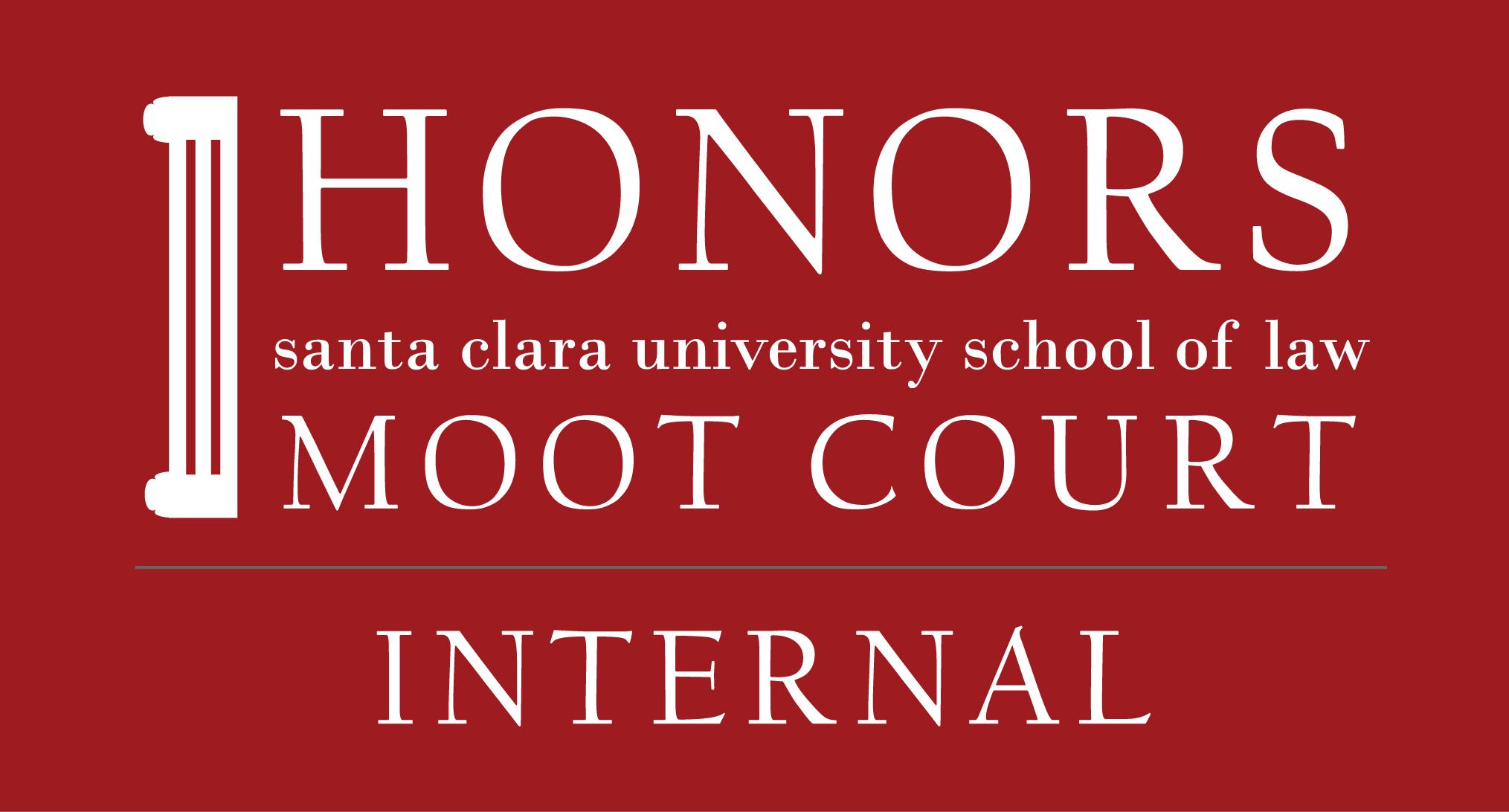
HMCI is a highly selective honors competition in which students brief legal issues and argue on appeal before the Supreme Court of the United States. Upper division students work in teams of two and compete against other teams, arguing issues before panels of distinguished attorneys and judges. Each team’s brief and oral arguments are scored, and the top teams advance through 4 rounds of oral arguments.
Admission: Admission into HMCI is primarily based on performance in Advocacy–specifically, the score on the first submission of the brief and the oral argument score. All upper-division students who have completed Advocacy or who are currently enrolled in Advocacy are eligible. Applications will be available on September 4 and will be due on September 28.
Class Requirements: HMCI competitors are required to enroll in a two-unit credit/no credit class in the spring semester. They are also required to attend preliminary oral arguments and to be available for additional arguments should they advance to quarter-final, semi-final, and final rounds.
The Problem: The HMCI “problem” is the fictional fact pattern drafted by the HMCI Problem Committee that features several unsettled and contemporary legal issues. Competitors will receive the problem at the beginning of the spring semester.
Briefs: Each team drafts an appellate brief based on the problem. Brief scores are taken into consideration for determining which teams advance in the competition.
Oral Arguments: Practice oral presentations will be reviewed and critiqued by the student board members. Each team will then compete in two preliminary rounds – one on-brief (the same argument submitted in your brief) and one off-brief (the opposing argument). Presentations will be judged by local attorneys and members of the judiciary. Teams with the best preliminary scores will argue in quarter-final rounds, and proceed in a single elimination tournament.
Quarter-final and semi-final rounds of the Honors Competition traditionally are judged by members of the judiciary and distinguished local practitioners.
The final round is judged by a panel of distinguished members of the judiciary. Recognition and cash prizes are given in a number of categories.